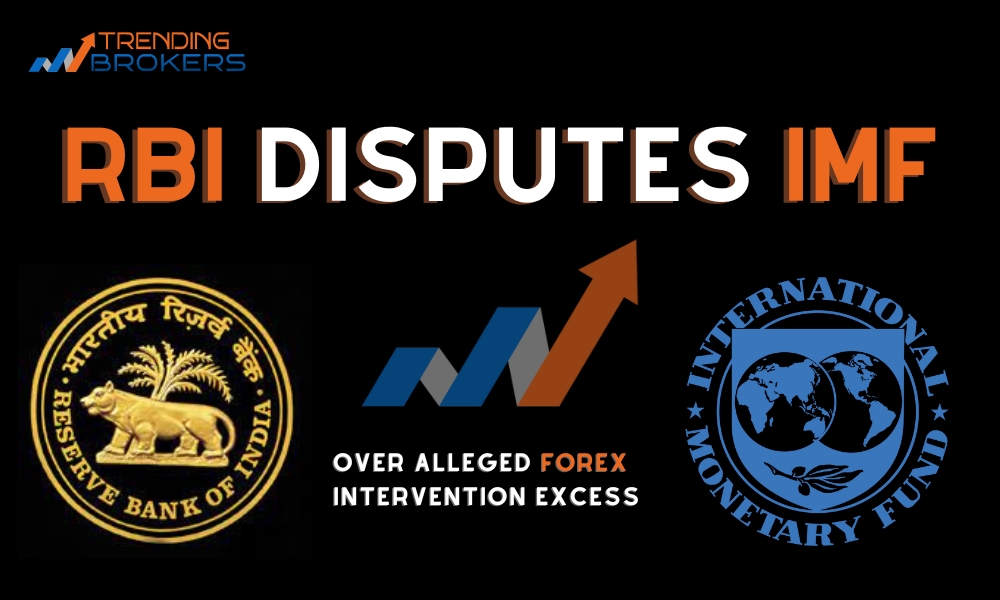The Reserve Bank of India (RBI) has come under scrutiny from the International Monetary Fund (IMF) due to its participation in the foreign exchange market. The IMF implies that Indian authorities may be attempting to manipulate exchange rates, an assertion dismissed by the central bank. As per the IMF’s Article IV Consultations report unveiled on Tuesday, a substantial disagreement exists between the IMF and Indian authorities concerning both the exchange rate and interventions in the foreign exchange market.
The report highlights that from December 2022 to October 2023, the rupee-dollar exchange rate displayed notable stability. This led the IMF to suggest that interventions in the forex market may have exceeded the levels required to address disorderly market conditions. Consequently, the IMF’s report reclassifies India’s de facto exchange rate regime from ‘floating’ to a ‘stabilized arrangement’ during this period, while the de jure classification remains ‘floating.’ The report underscores the importance of a flexible exchange rate serving as the primary safeguard against external economic shocks.
In response, the RBI contends that India’s exchange rate is “market-determined,” and it does not target a specific currency value. The RBI’s longstanding approach is to intervene in the market solely to prevent excessive volatility, aiming to avoid a sharp depreciation or appreciation of the rupee, which could have broader economic implications. For example, a significant depreciation could lead to increased inflation due to higher costs of imported goods, while a substantial appreciation could harm exports.
The IMF annually consults with its members to assess economies and policies. In October, during the annual meeting of the IMF and the World Bank, RBI Governor Shaktikanta Das defended market intervention, stating that it should be viewed in a nuanced manner, especially considering the impact of policy actions in developed countries on emerging economies. Das emphasized that RBI’s intervention is responsive to market movements, with no fixed objective for a particular exchange rate level.
Addressing the issue of labelling countries, Das urged organizations like the IMF to refrain from categorizing countries as manipulators or stabilizing currencies, calling for a more comprehensive approach. The tension over the matter is evident in the report, with directors urging a resolution of the differences between staff and authorities. The IMF statement also acknowledges the divergence in positions, with some directors supporting the view that exchange rate stability reflects improvements in India’s external position and that foreign exchange interventions aim to prevent unwarranted volatility.
Read Also- SHIB Price Falls 16.55% with 4.2T SHIB Transferred




